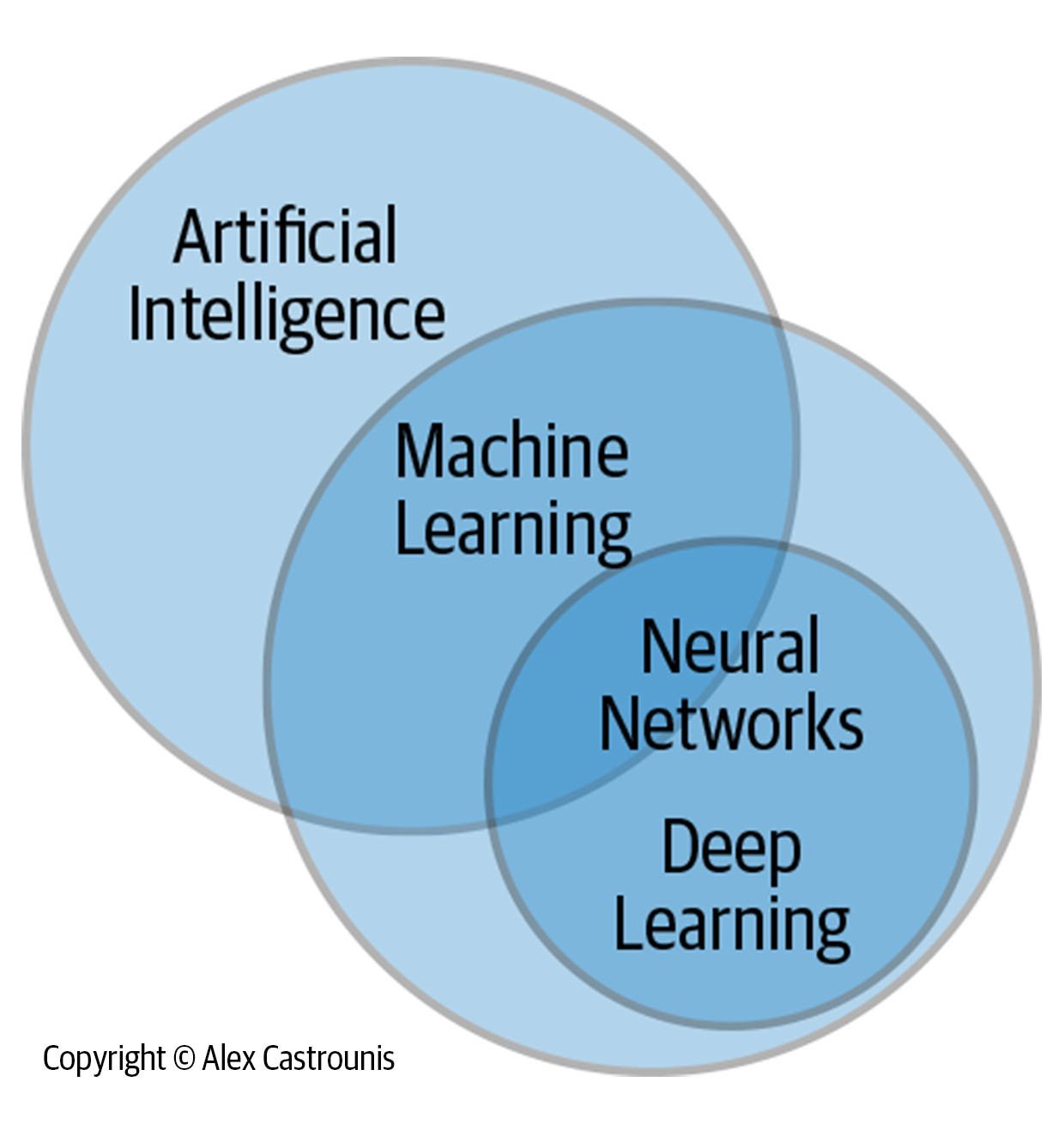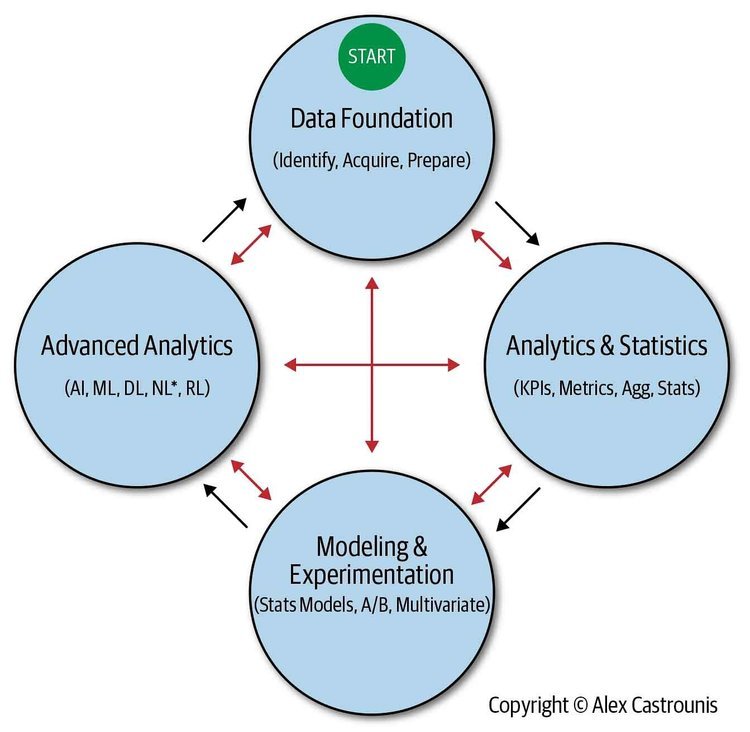Why is AI Important
Why is AI important? Why is AI beneficial? Why can AI help improve human experiences and business success? Why should AI be pursued responsibly and with caution? Why do some AI initiatives succeed and others fail? It all begins with why.
Let’s discuss why AI is important and beneficial when used ethically and responsibly. Artificial intelligence (AI) is exciting, powerful, and game changing. The mainstream hype machine has generated gale-force winds behind its sail, to the point that AI is on virtually everyone’s radar and is part of the vernacular and yet is barely understood by the majority of people.
Benefits of AI for Business
Making decisions and taking action based solely on historical precedent, simple analytics, and gut feel no longer gets the job done— nor does pursuing near-sighted goals or commoditized technologies. And yet, too many businesses remain mired in the status quo. More and more, it’s those that effectively use analytics who succeed; that is, those that extract information such as patterns, trends, and insights from data in order to make decisions, take actions, and produce outcomes. This includes both traditional analytics and advanced analytics, which are complementary. Also, AI allows humans to use analytics in ways they would otherwise not be able to on their own.
Data is a core advantage if, and only if, you know how to use it. Most companies should begin to think of themselves as data and analytics companies, regardless of what their core offerings are. As long as data is involved, this is a critical step in getting ahead of the competition while also gaining an increased ability to create huge benefits for both people and business.
In additional to achieving business goals, companies and business stakeholders may use AI to:
Generate deep actionable insights and make better decisions
Augment human intelligence
Create new and innovative business models, products, and services
Capture new markets or expand total addressable markets (TAMs)
Influence new and optimized processes
Drive differentiation and competitive advantage
Transform business and disrupt industries
AI Maturity Model from AI for People and Business
Benefits of AI for People
People have different interests, needs, and wants (and therefore goals) than businesses. AI can produce many benefits for people, including:
Better health and health-related outcomes
Better personal safety and security
Better financial performance, savings, and insights
Better UX, convenience, and delight (usually when interacting with technology via an interface, e.g., web, mobile, hardware device)
Better and easier planning and decisions
Better productivity and enjoyment
Better learning and entertainment
AI is able to create better human experiences when used to create one or more of these outcomes.
Considerations and Final Thoughts
Many of the benefits discussed are made possible with AI and machine learning approaches such as predictive analytics, prescriptive analytics (automated and/or optimized recommendations, actions, and decisions), natural language techniques, and reinforcement learning.
AI is game changing and rapidly advancing in its capabilities. It’s being applied across industries and business functions in more ways than ever – and in innovative ways that can significantly benefit both people and businesses alike. I present this topic in much great depth and with many examples in my book, AI for People and Business.
Despite many positive impacts and transformative benefits of artificial intelligence, AI is just as important given the potential risks and negative impacts if not used responsibly and for the greater good. AI is a field that can have significant impact on society, the economy, and the nature of work itself. AI fairness, safety, and responsibility are very important topics that should be well understood and accounted for in order to develop responsible AI solutions.
Given the potential benefits, impacts, and risks of AI for us all, it has never been more important to increase your AI literacy and understanding. This is the reason that I founded Why of AI and work across channels to help as many people as possible understand and apply AI responsibly and successfully.



